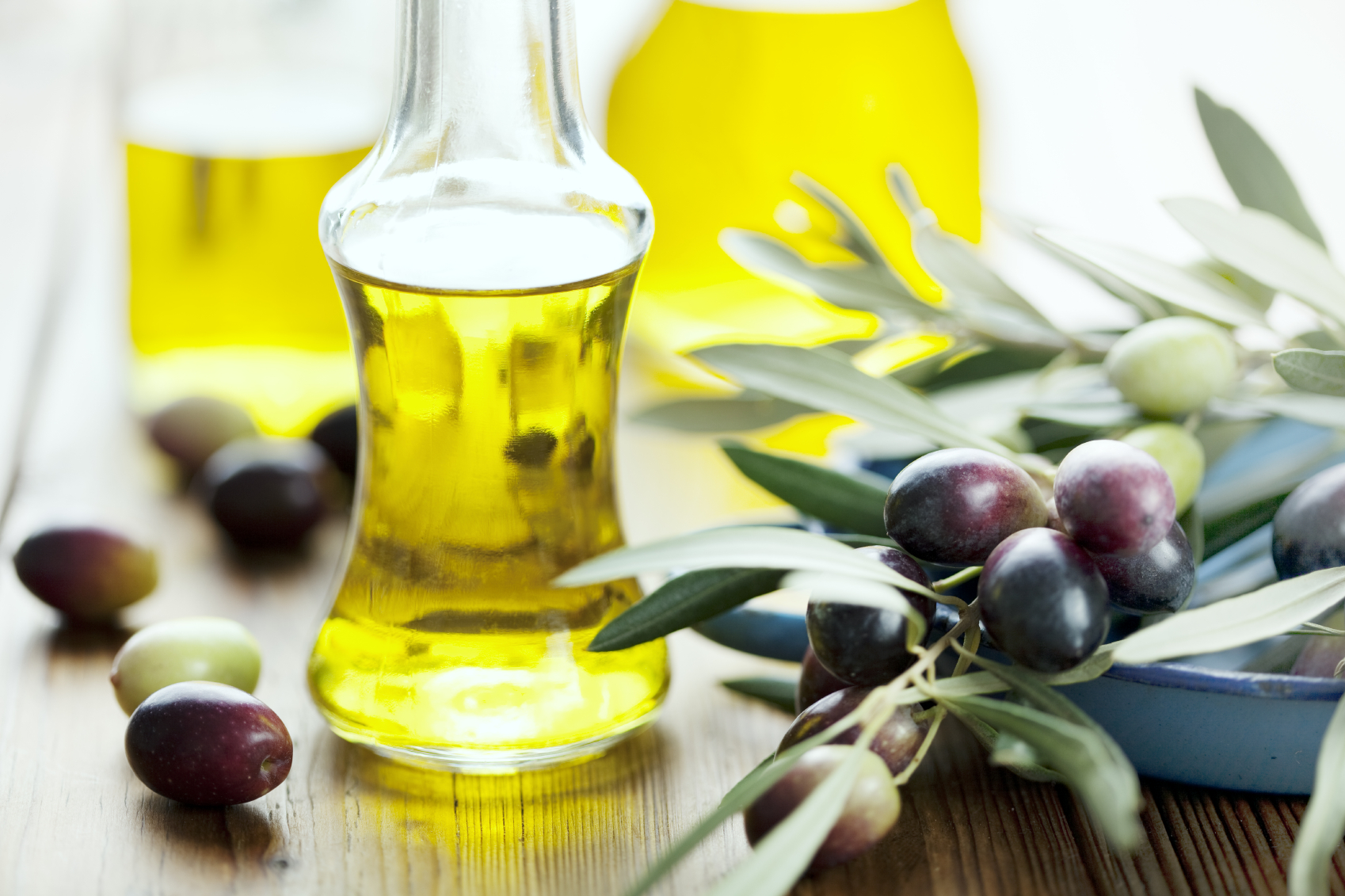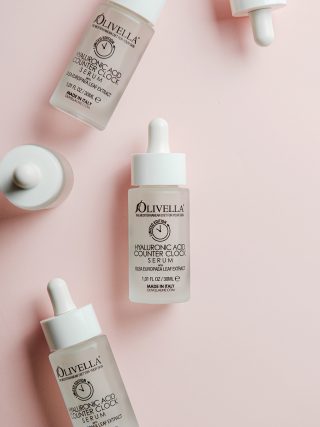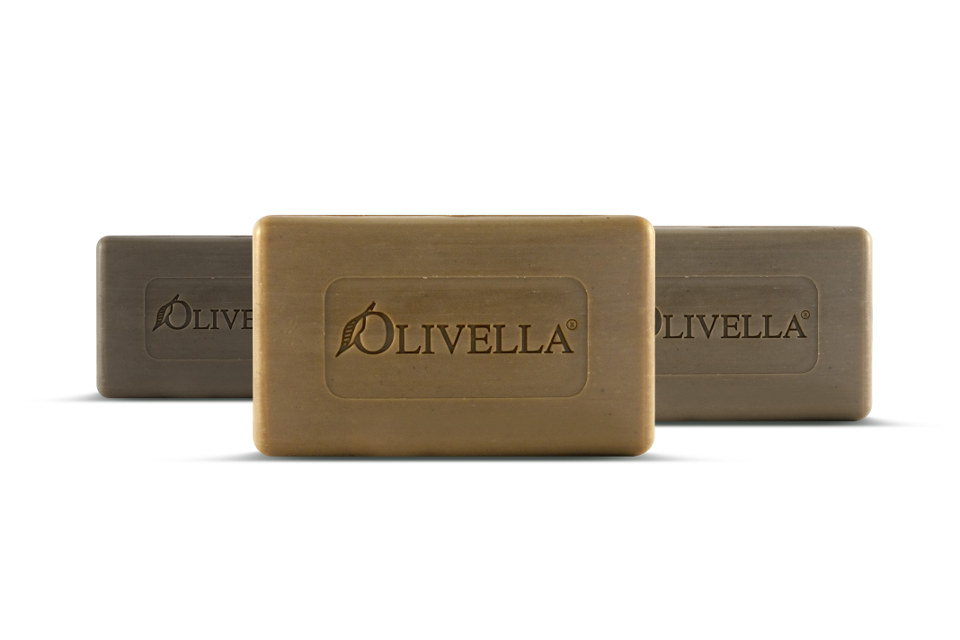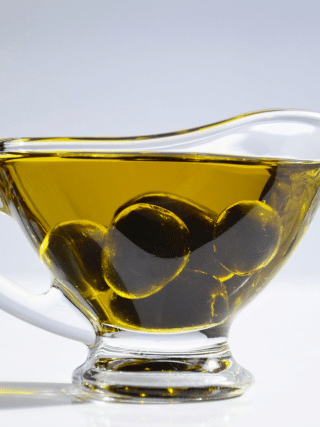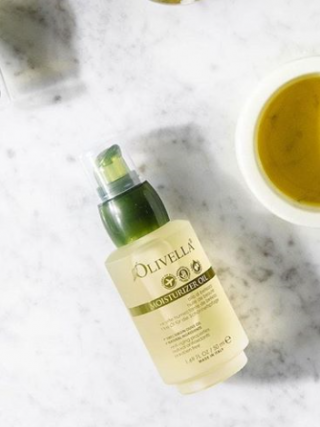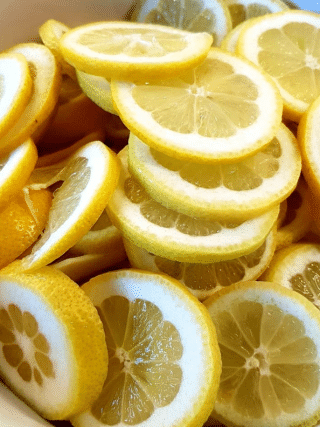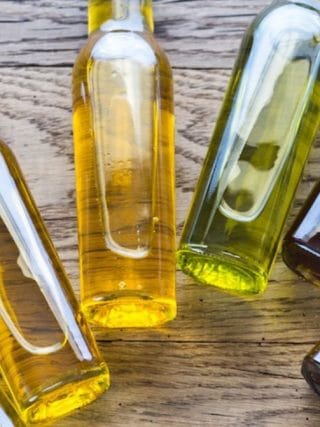Let’s start with a definition.
What is Psoriasis?
Psoriasis is an autoimmune disease primarily affecting men and women between the ages of 10 to 25 or after the age of 40. In essence, it can affect anyone at any age.
It is manifested by the appearance of reddish and roundish patches. In 5% of cases, there are also problems caused beyond just skin issues. There are known incidents of problems passing to the joints, with severe psoriasis arthritis.
The exact cause of the disease remains uncertain but the initiator of the issue can begin by the following factors:
- Hereditary genetic factors
- Environmental factors
- Infectious factors (mainly streptococcus type A)
- Pharmacological factors
- Stressful events
- Lifestyle – particularly obesity, alcohol consumption, and cigarette smoking
Psoriasis is a chronic, autoimmune, multifactorial, non-contagious disease. It is not possible to “prevent” psoriasis but, given its chronic-relapse. Yet there are ways to prevent relapses as much as possible and as well as the mitigating symptoms.
Treatment depends on the severity of the condition. In many cases, cortisone drugs are used. In serious cases, the best results are obtained with biological drugs and monoclonal antibodies that interfere with the physiological mechanisms of inflammation. Not all patients, however, can use this type of treatment, and healing of the symptoms is not guaranteed.
Further and unfortunately, as soon as the specialist’s care is suspended (which can not be prolonged for long periods), psoriasis sometimes becomes even more aggressive.
At this point, natural therapies and a new lifestyle should be considered and as witnessed by many, do give excellent results if used continually.
In all cases “tertiary prevention” is fundamental, so there are some rules to apply in different fields.
- Diet : Balanced and rich in antioxidants.
- Hygiene : The skin must always be clean and free from trauma
- Stress : Outdoor movement and regular sleep helps to combat stress
- Detoxification : Drink at least 1.5 liters of water per day.
- Sea and Sun : The action of sea salts and exposure to sunlight, greatly improves psoriasis.
- Hydration : The skin should always be hydrated with oils and creams at least twice a day, morning and evening.
- Avoid Perfumes : Perfumes and scented creams can further irritate the damage. The same applies to the scents contained in detergents that often persist on garments and linens.
- Clothes and Contact Materials : Wear natural and soft fibers.
Beyond these preventive measures, it is also ideal to follow an olive oil-based beauty regimen as found in Olivella. Particularly our Moisturizer Oil great for everyday use on the skin and also in a soothing bath. According to Everyday Health:
Thanks to its high fatty acid and vitamin E content, olive oil makes a great moisturizer for dehydrated skin. According to a study published in July 2014 in Advances in Skin & Wound Care, olive oil was even found to help heal burn wounds. To ease your psoriasis symptoms, dab a small amount of olive oil on your scalp, elbows, or anywhere you have plaques. This will help to soften dead skin, making it easier to remove, Dr. Burns says. For a soothing full-body soak, add 2 teaspoons of warmed olive oil to your bathwater.
So consider using olive oil-based products on your skin to alleviate psoriasis as much as possible and prevent the symptoms from worsening. Your skin with thank you!
